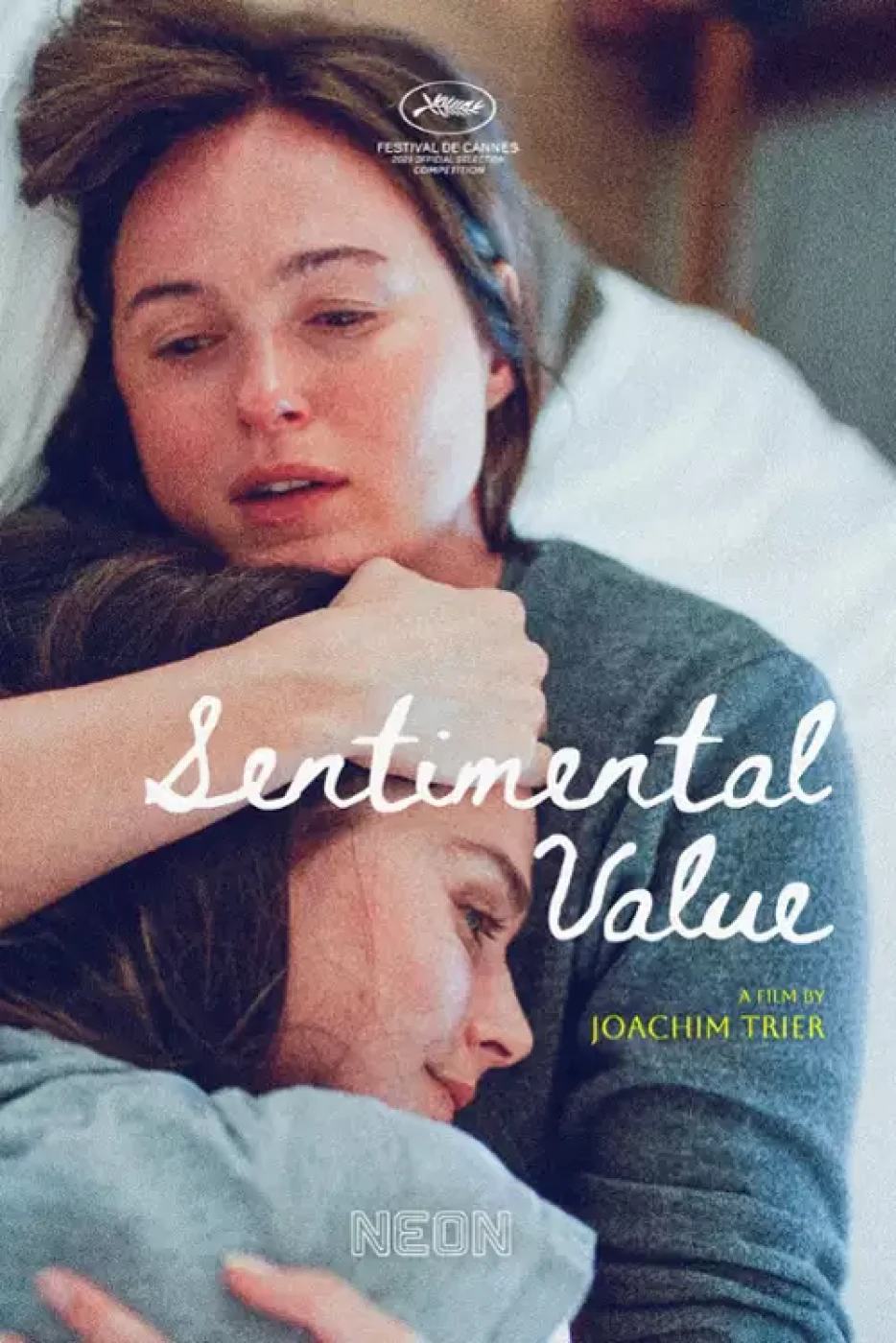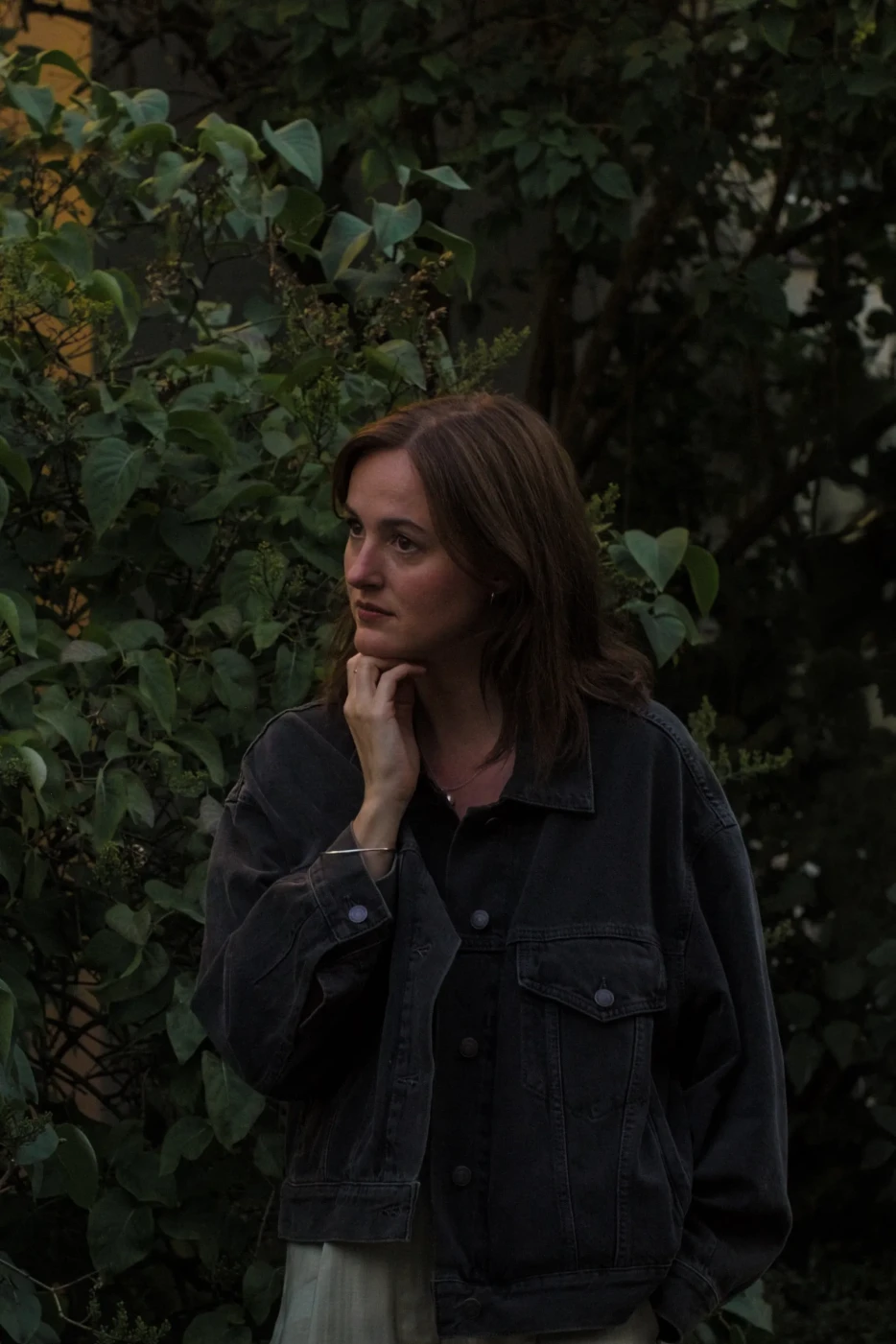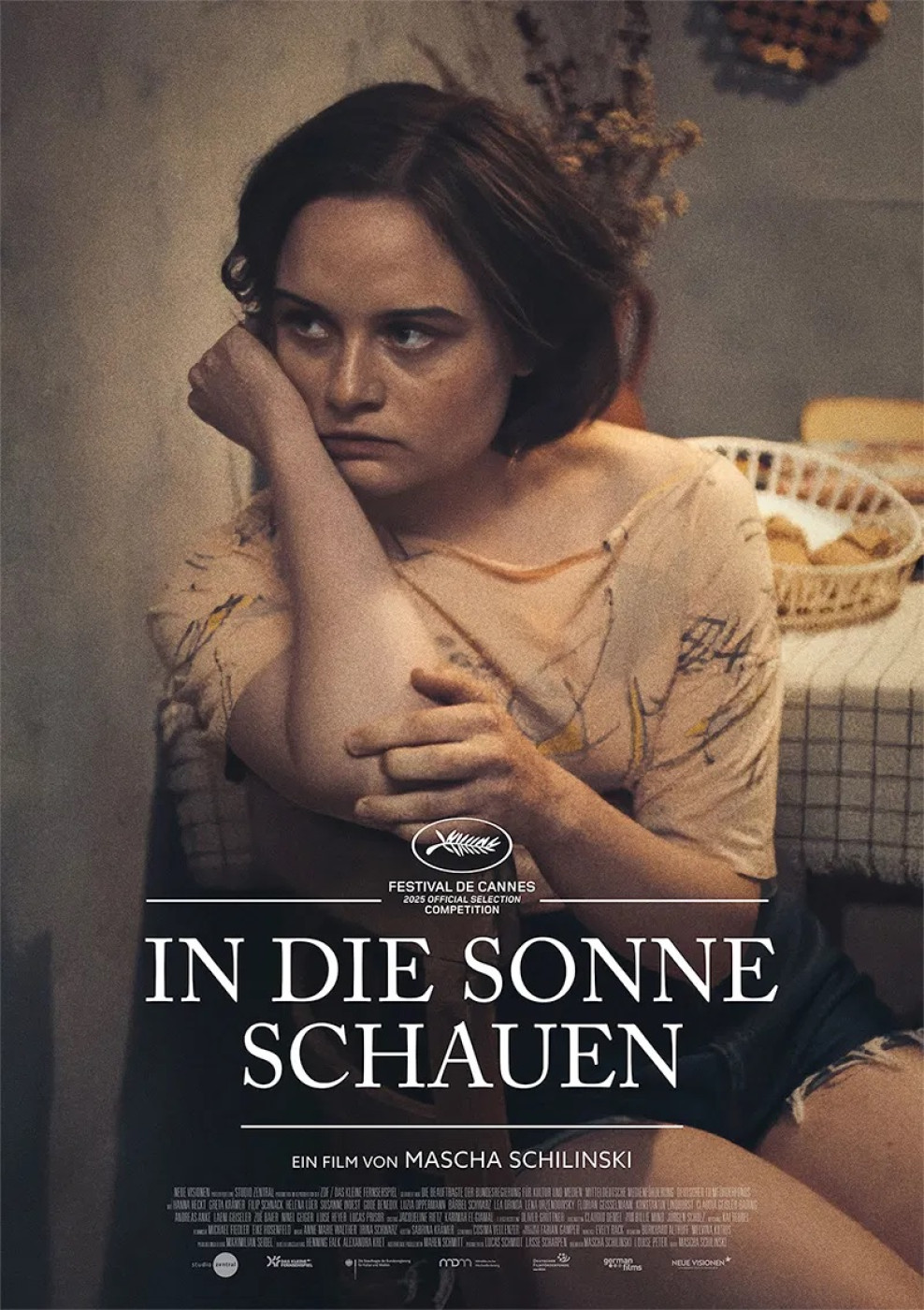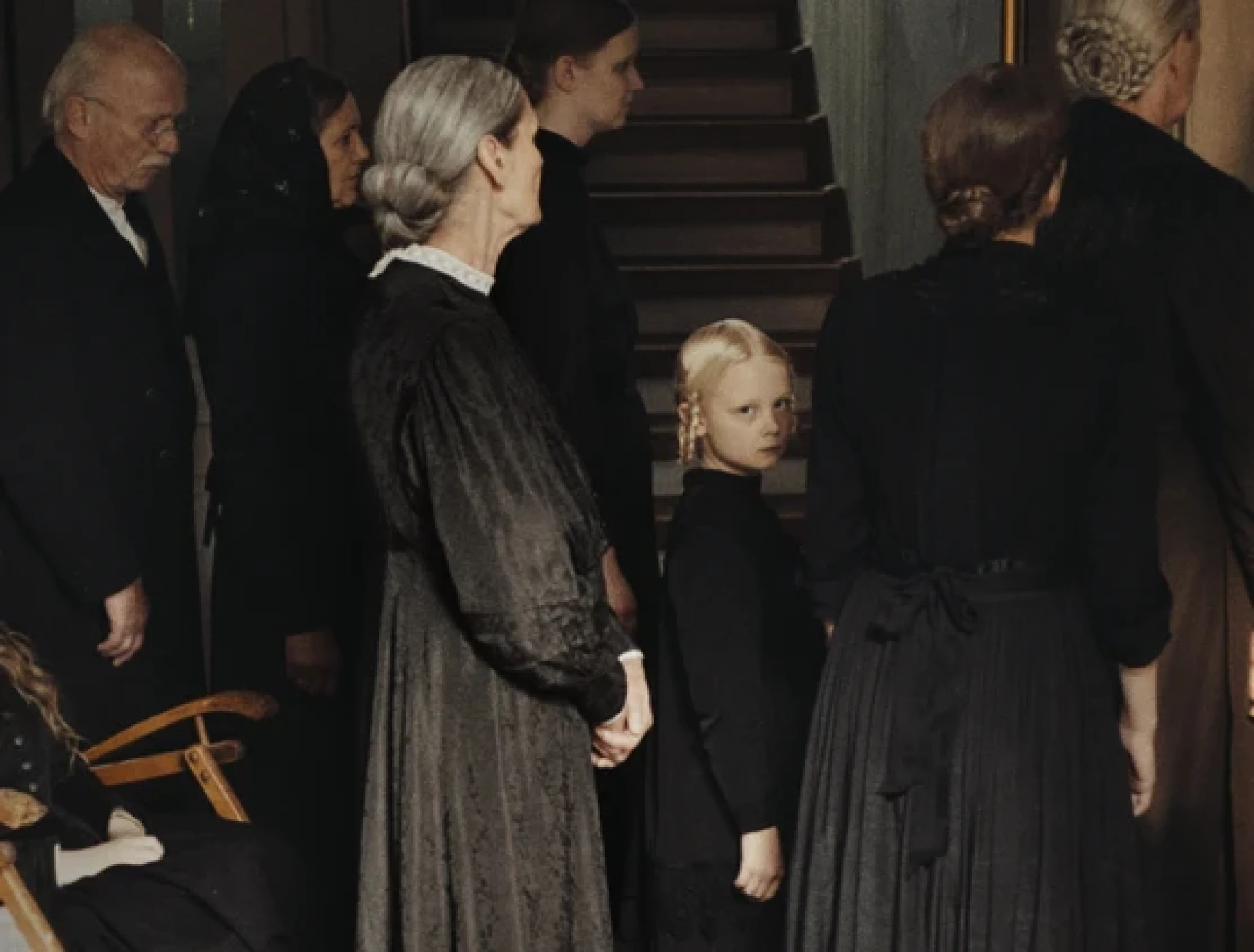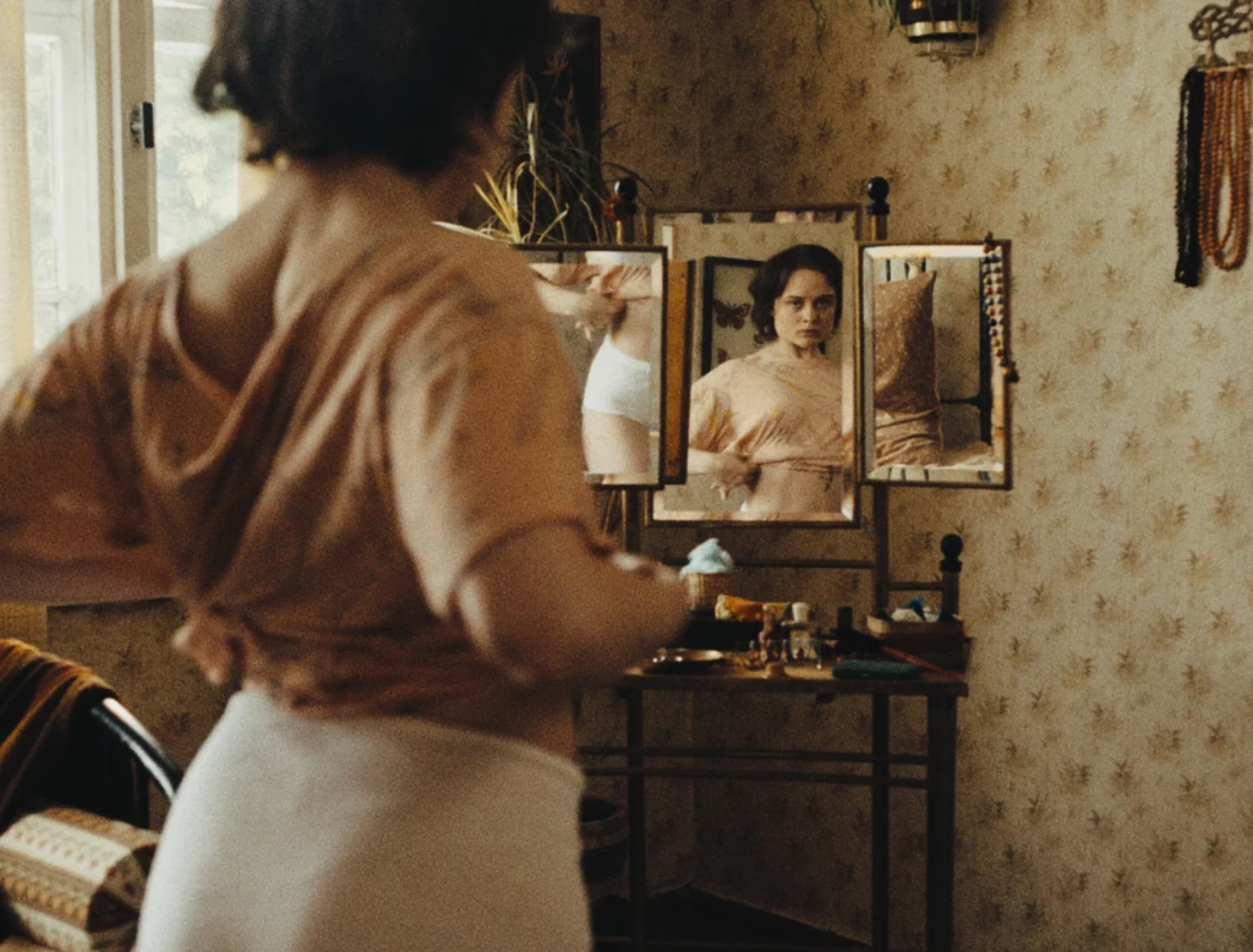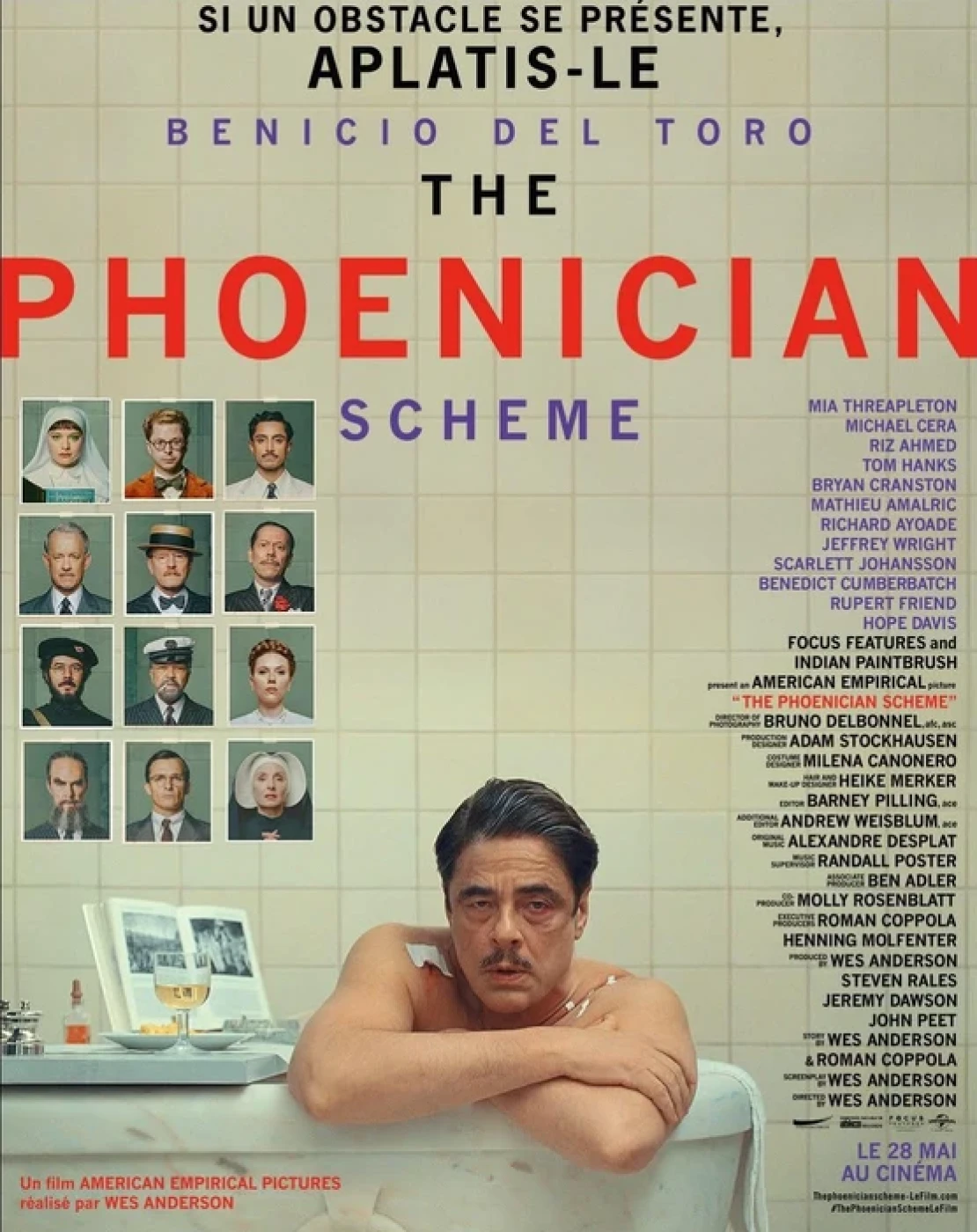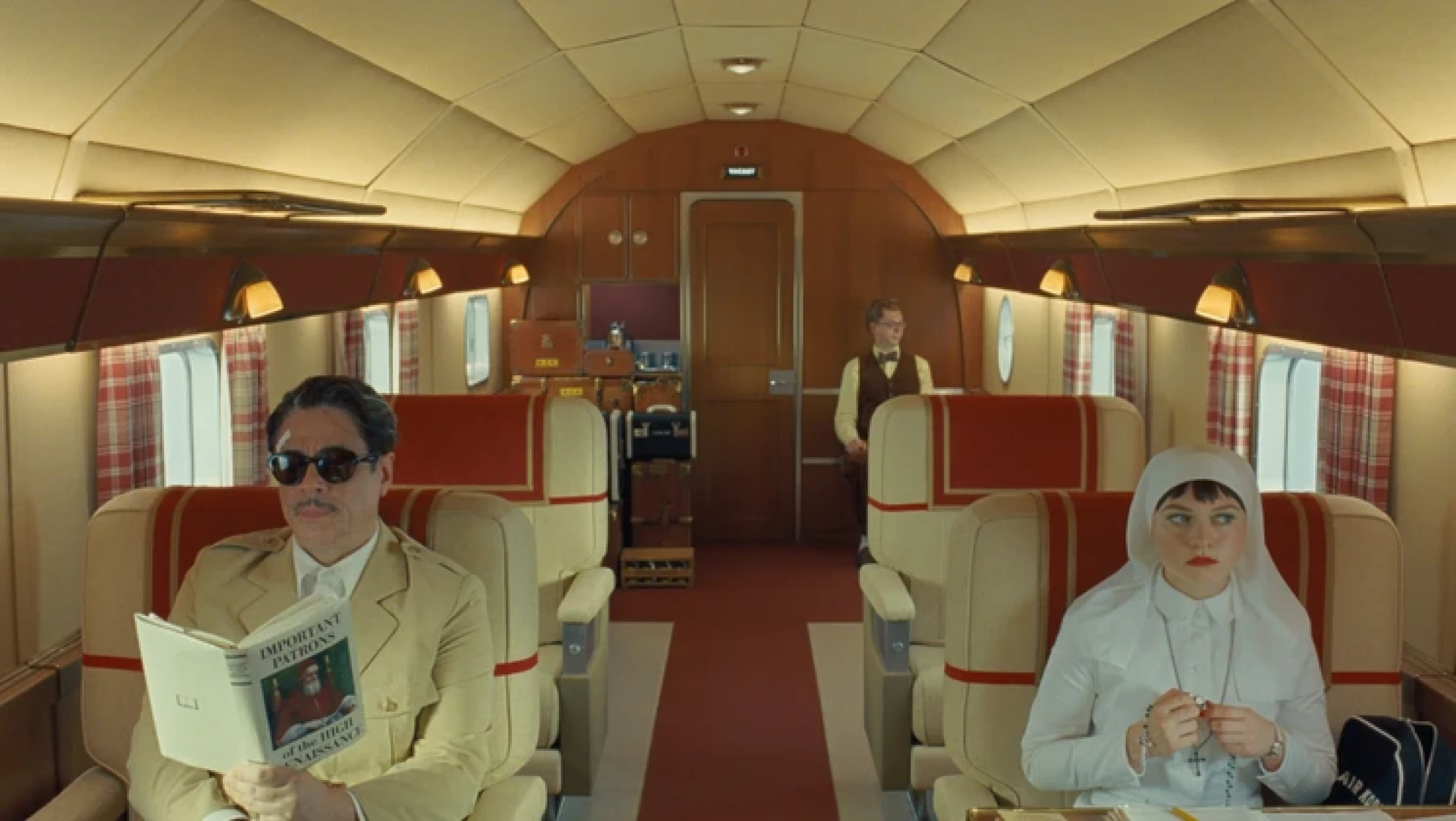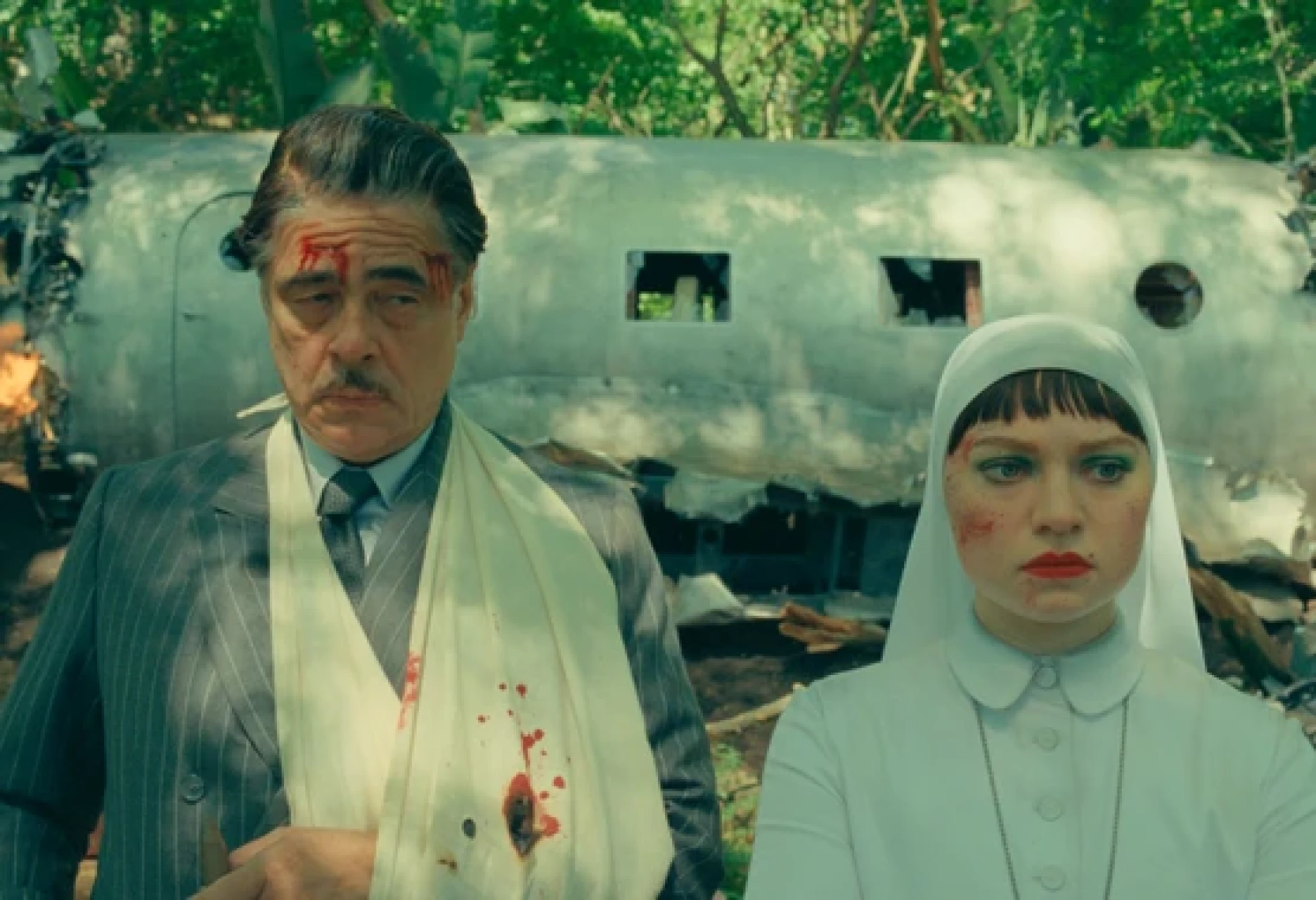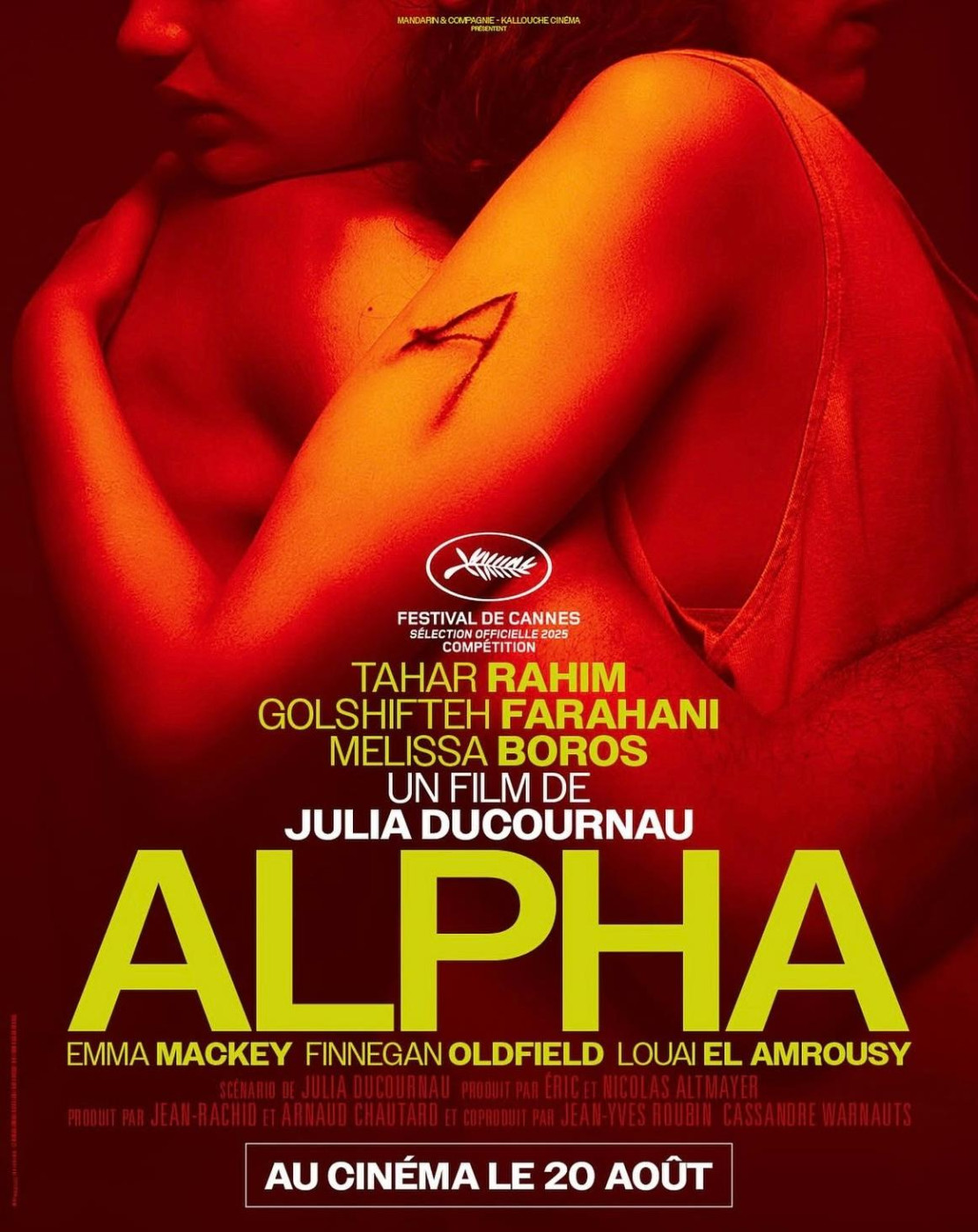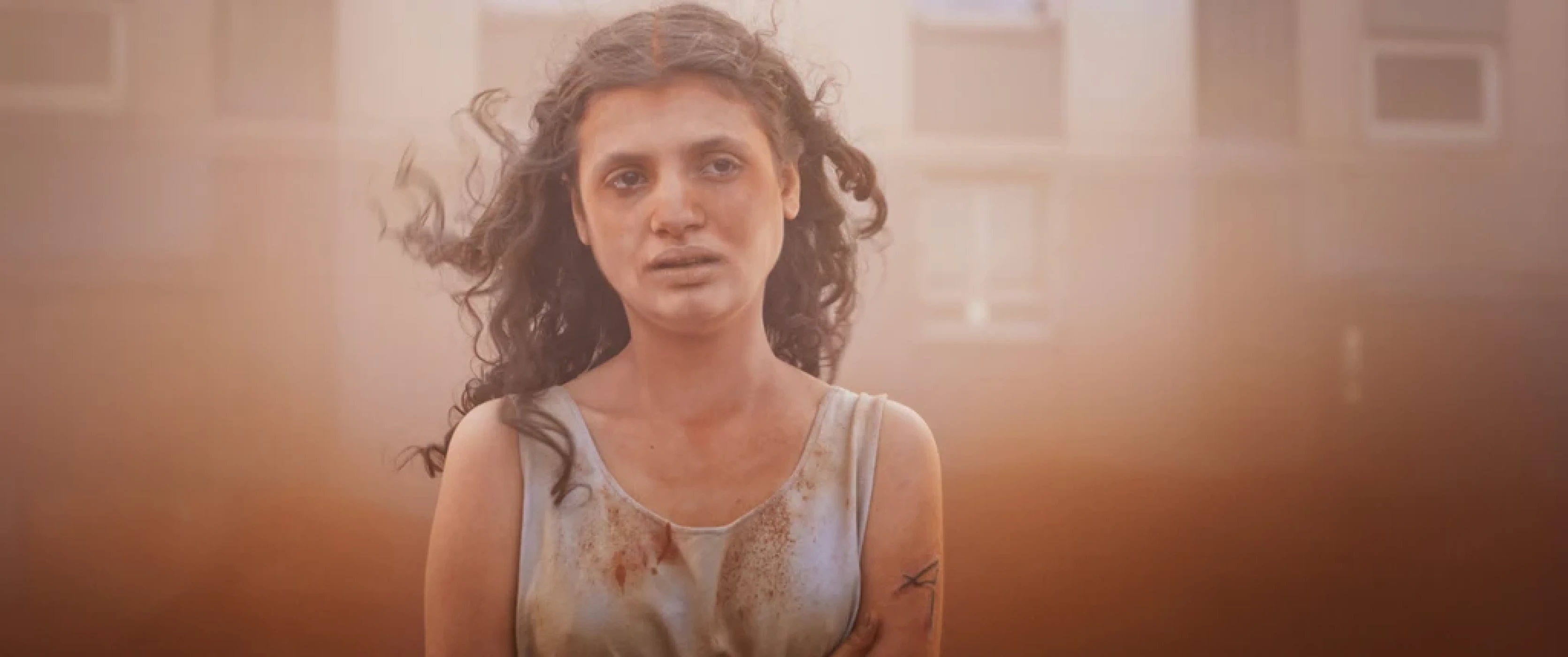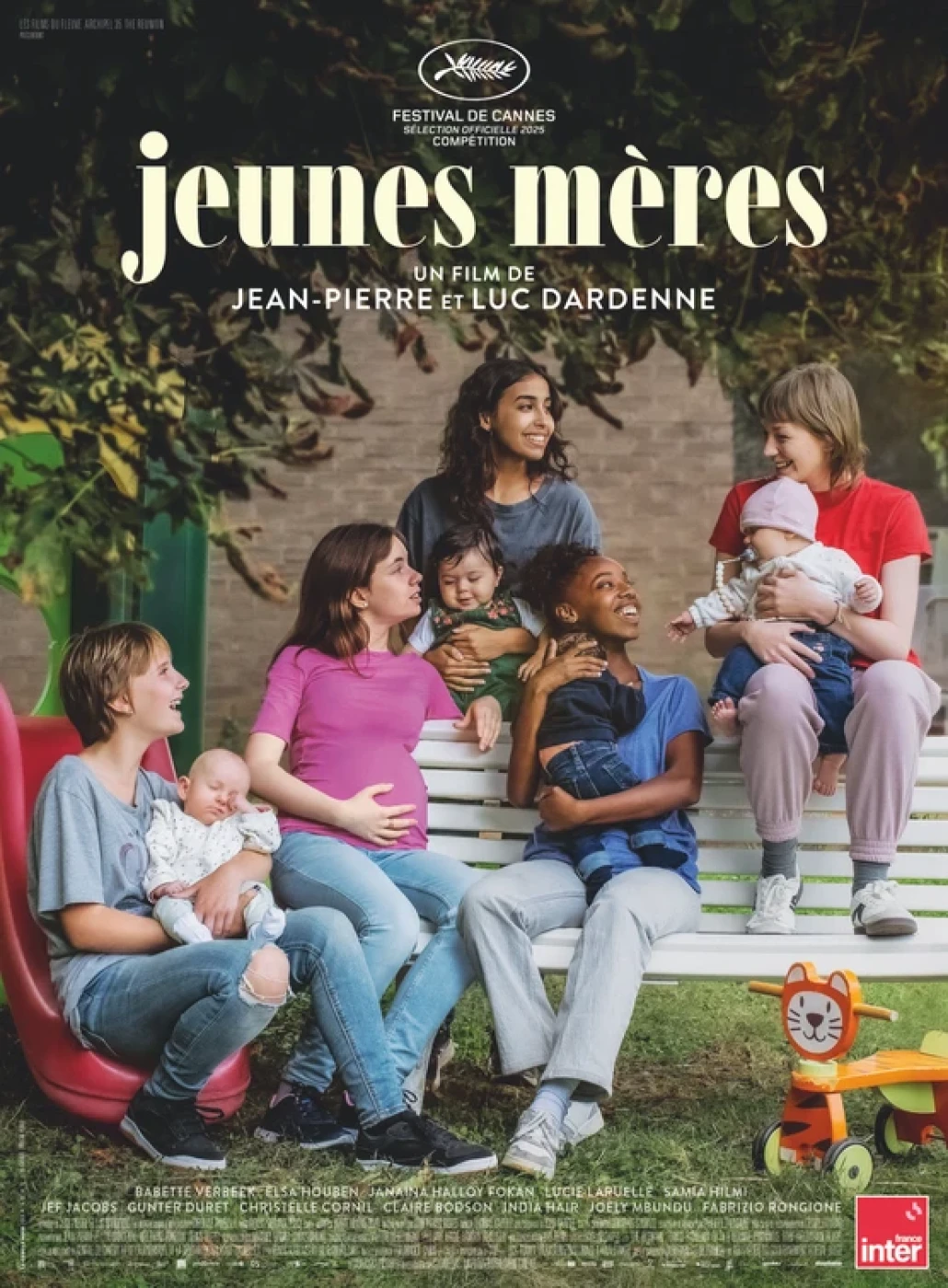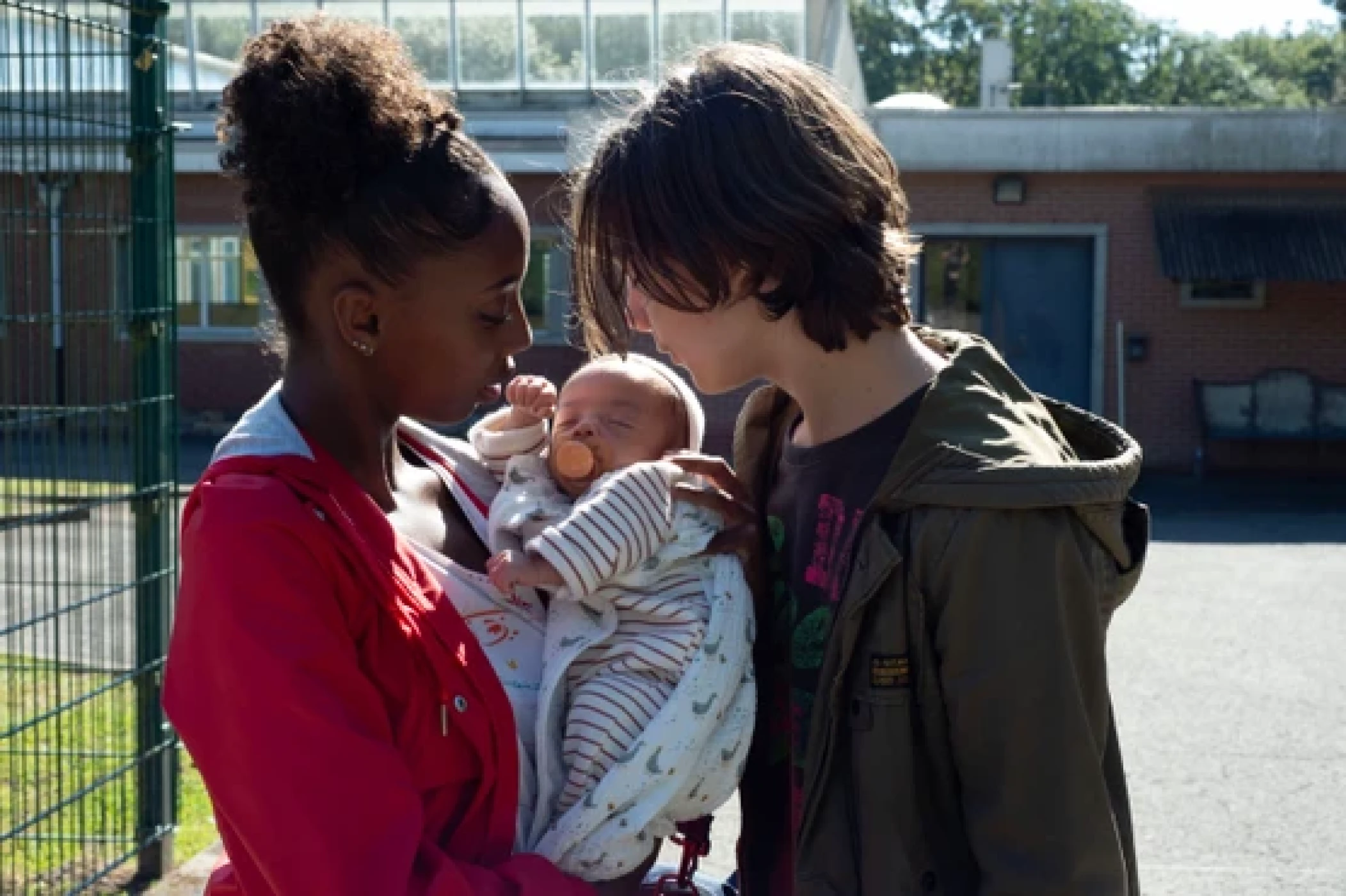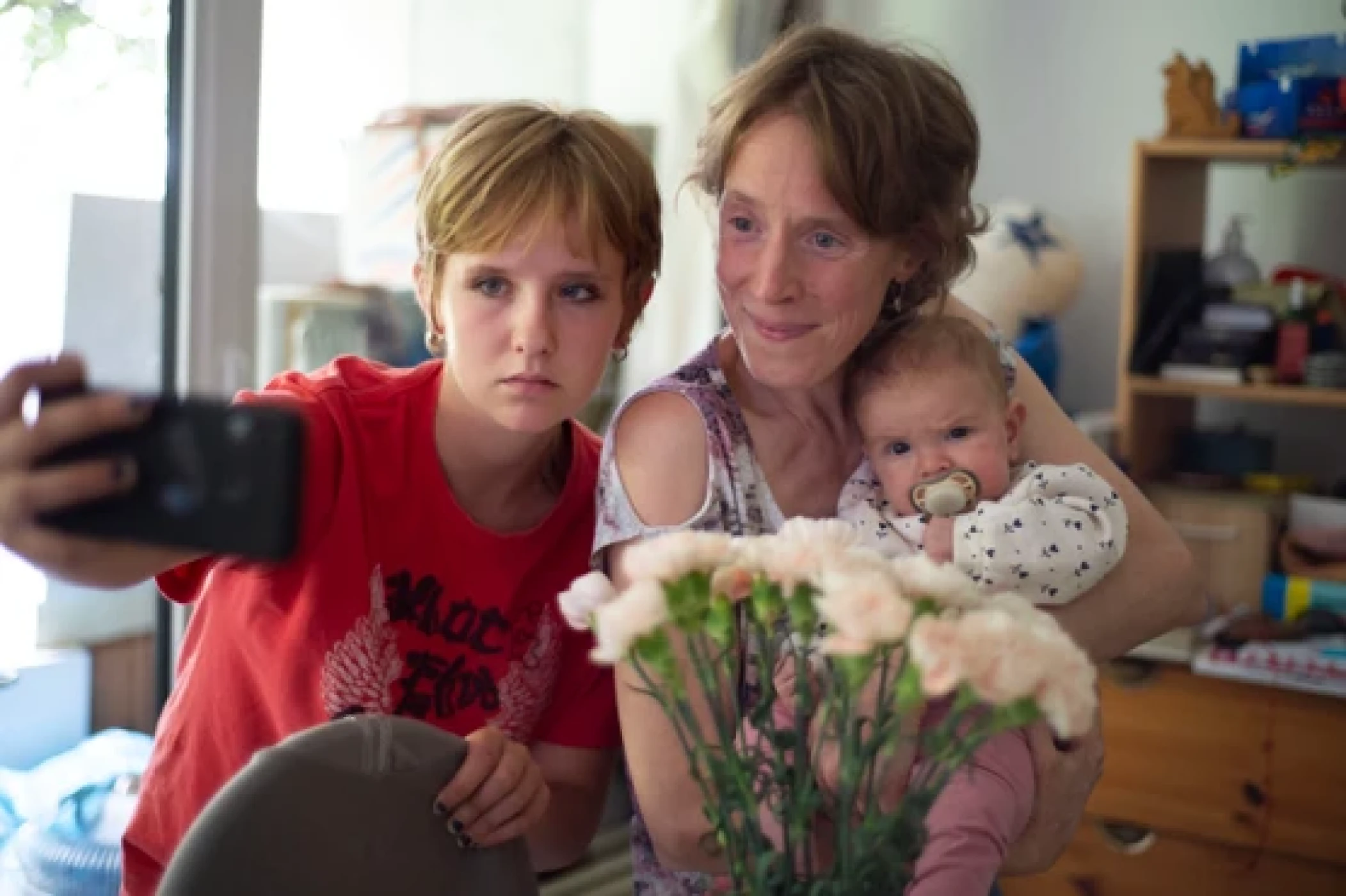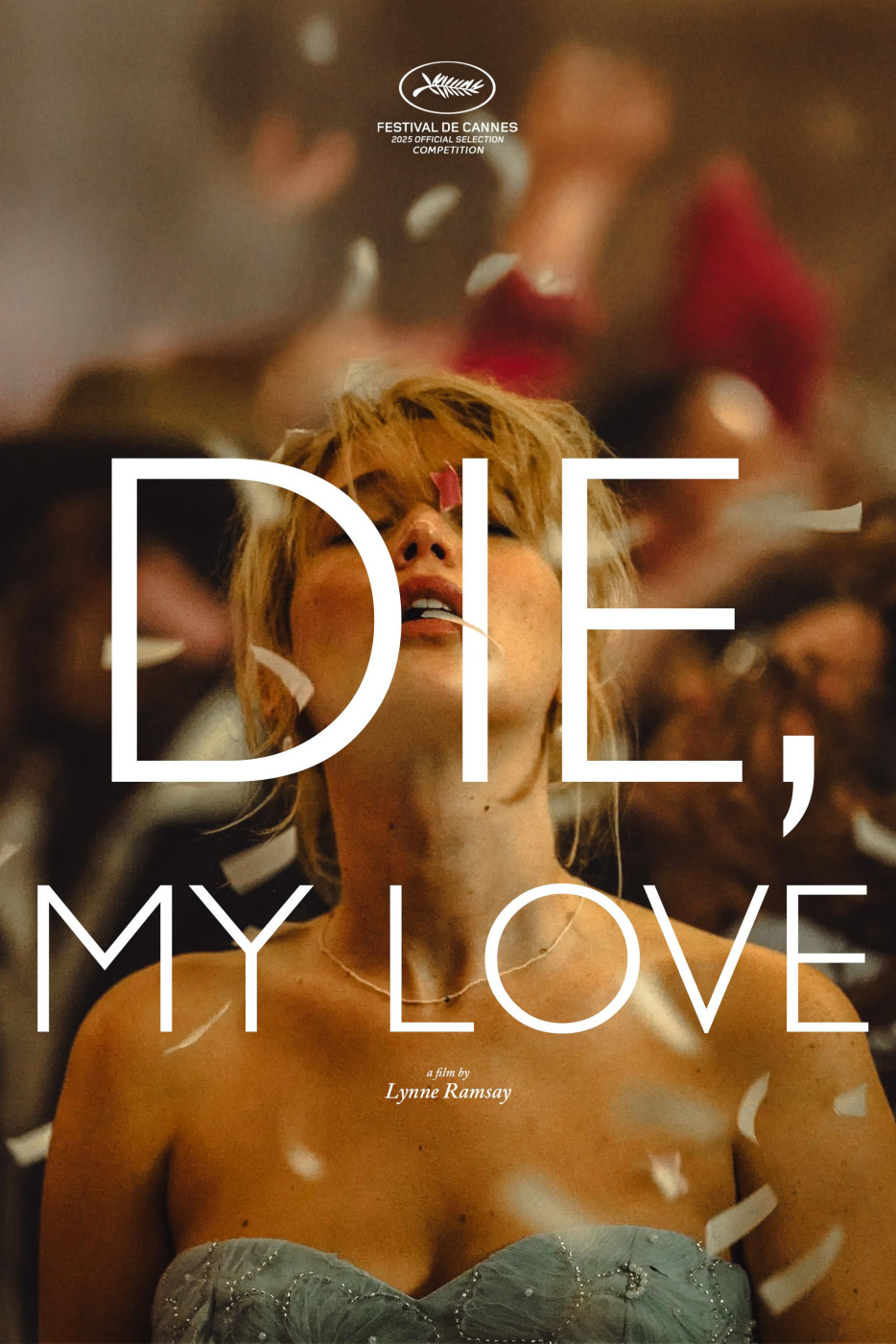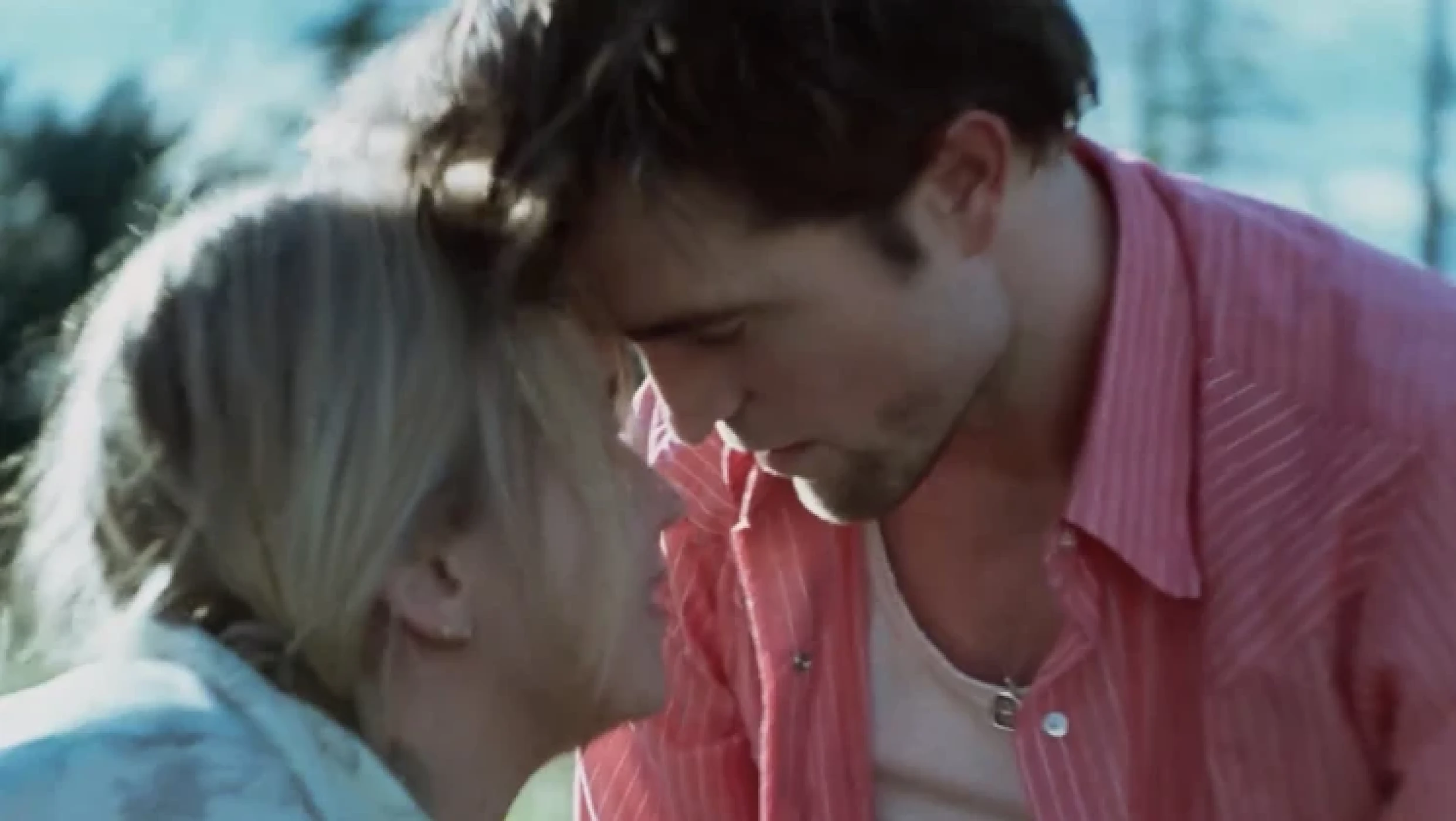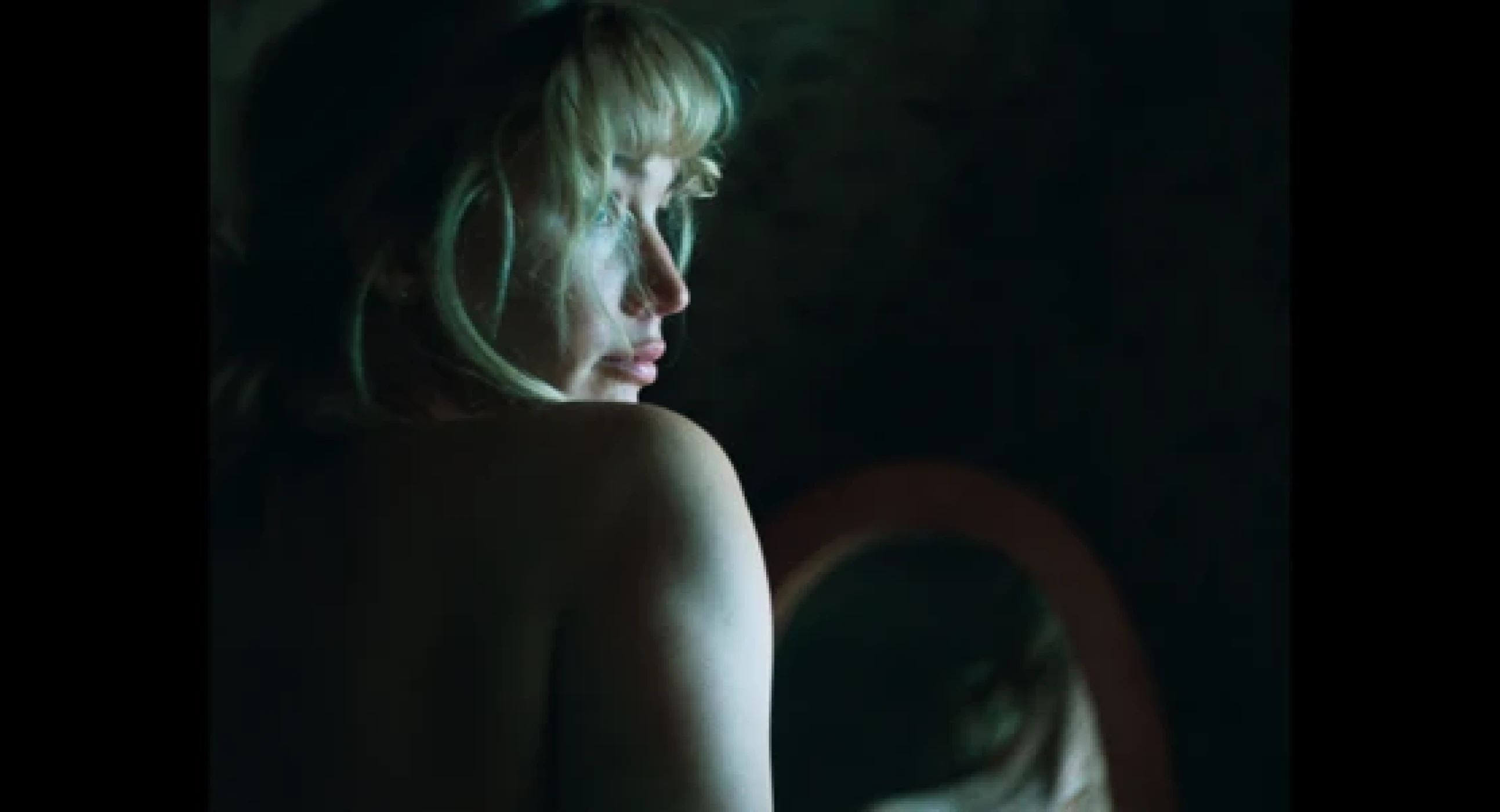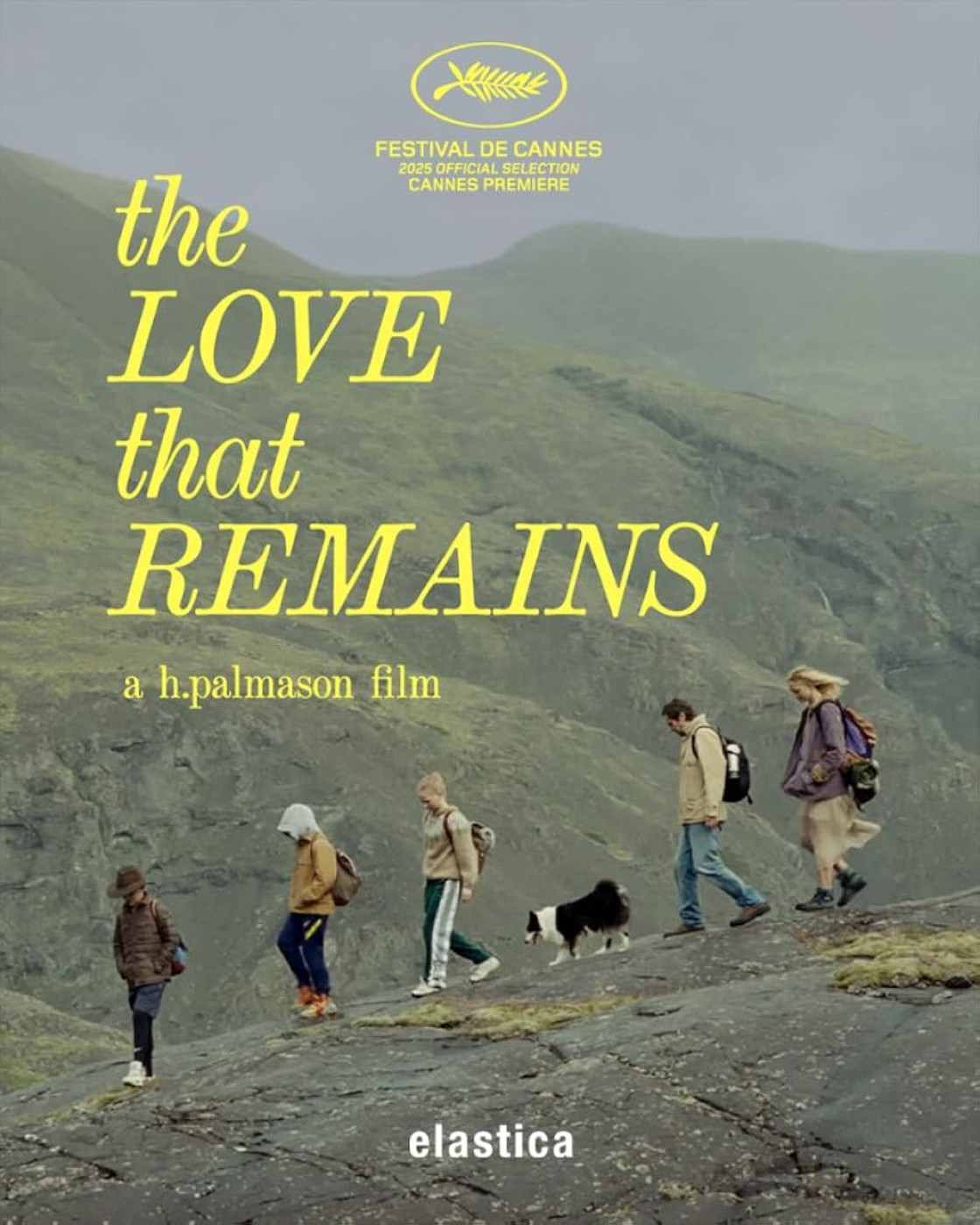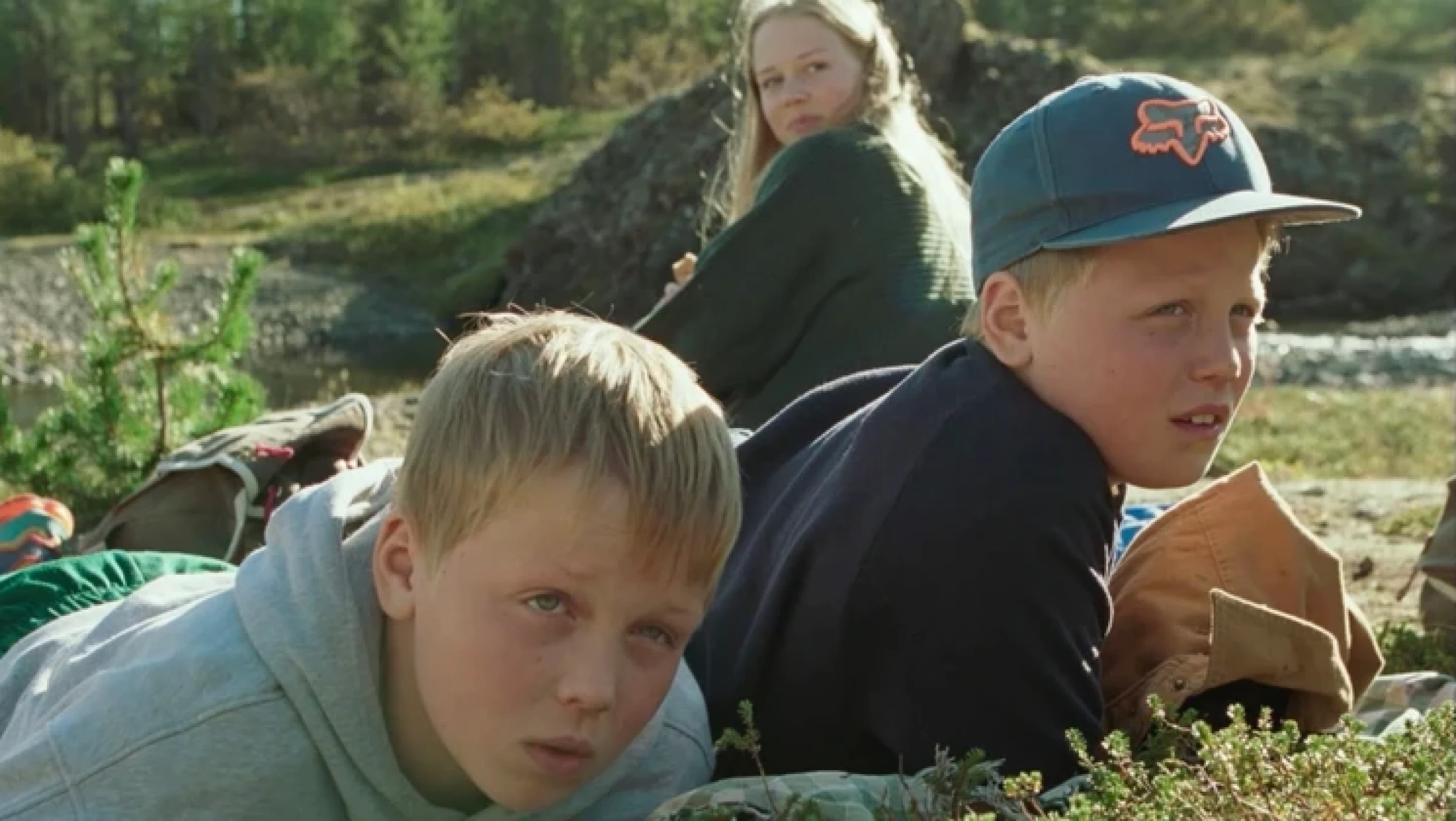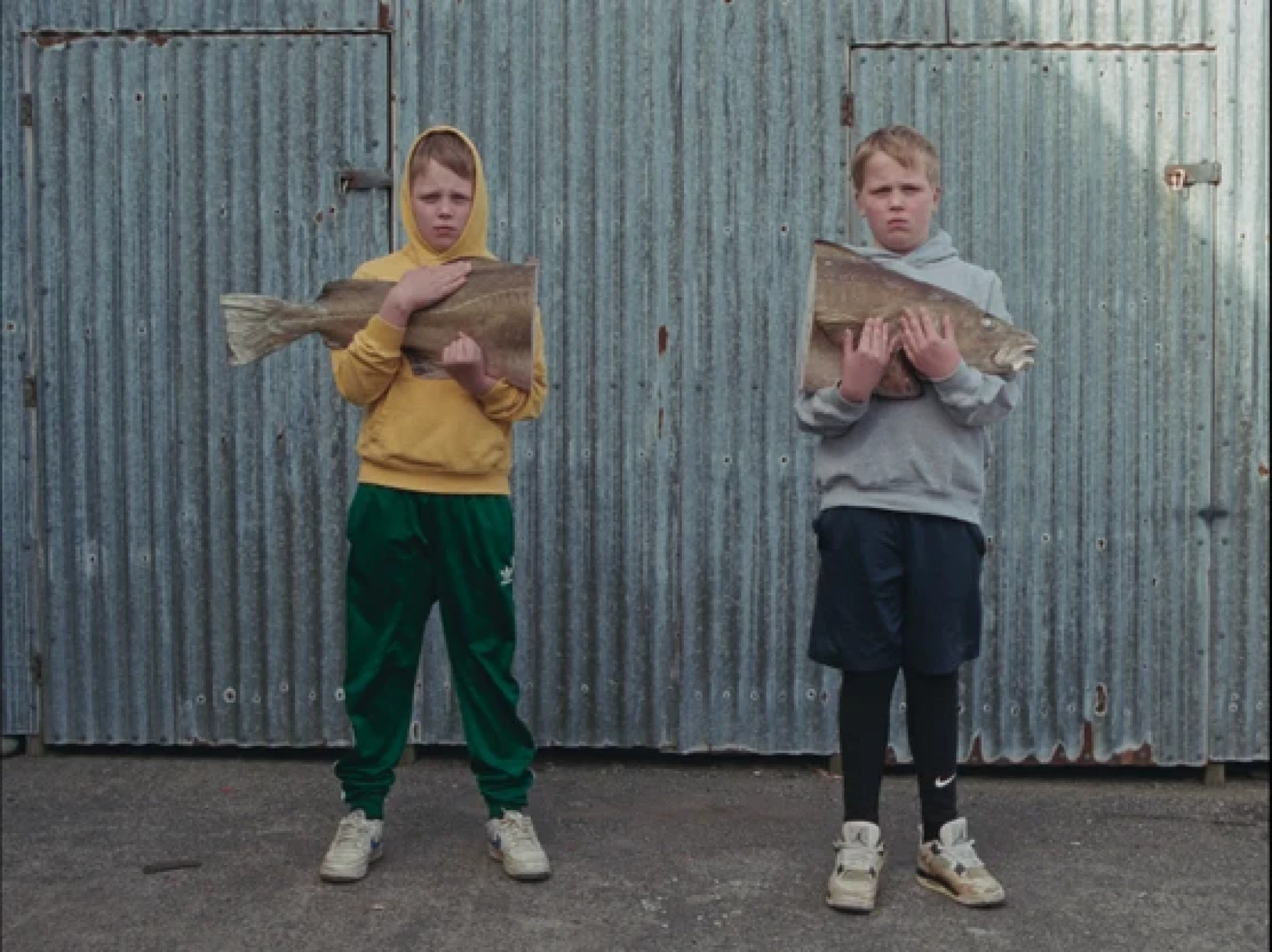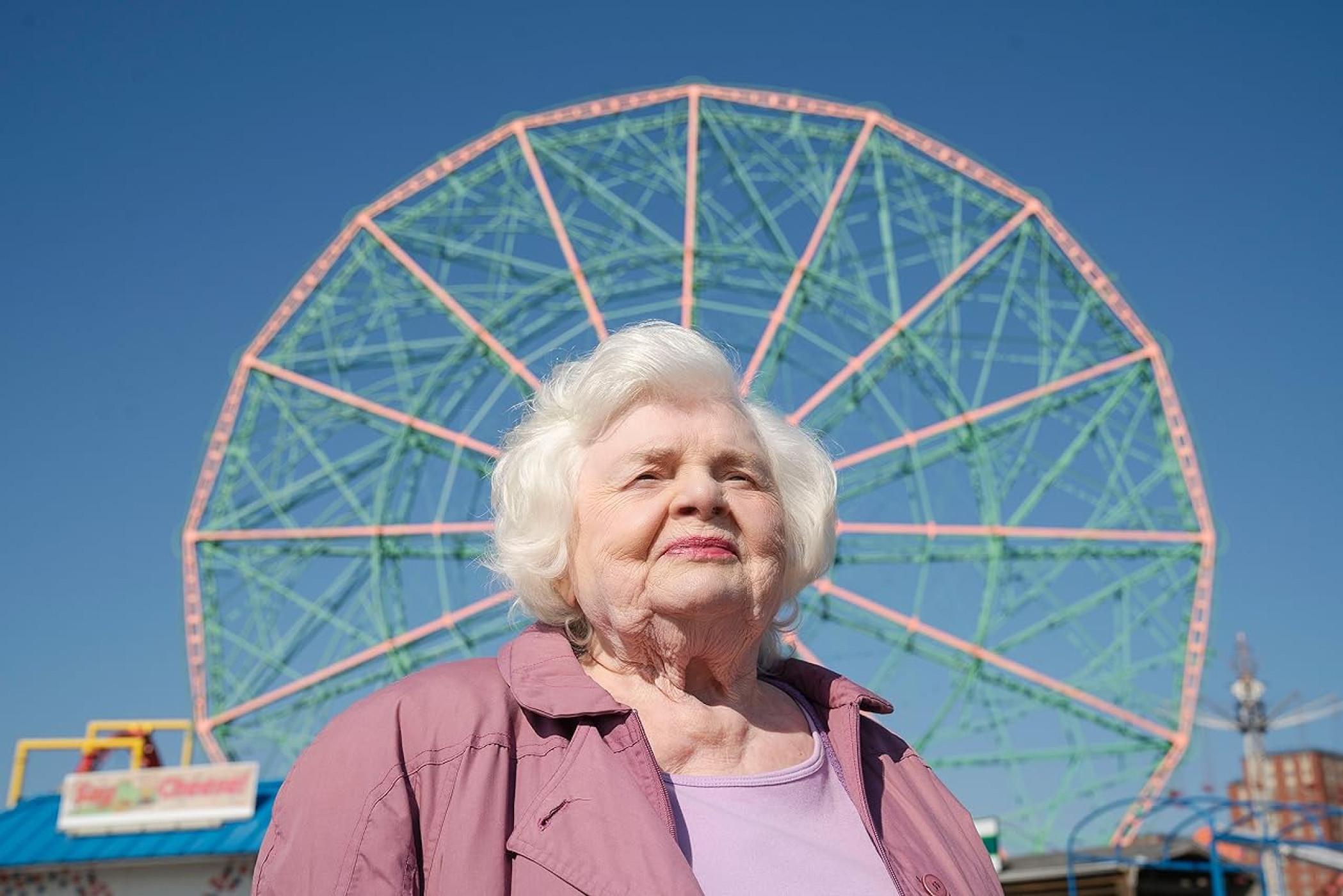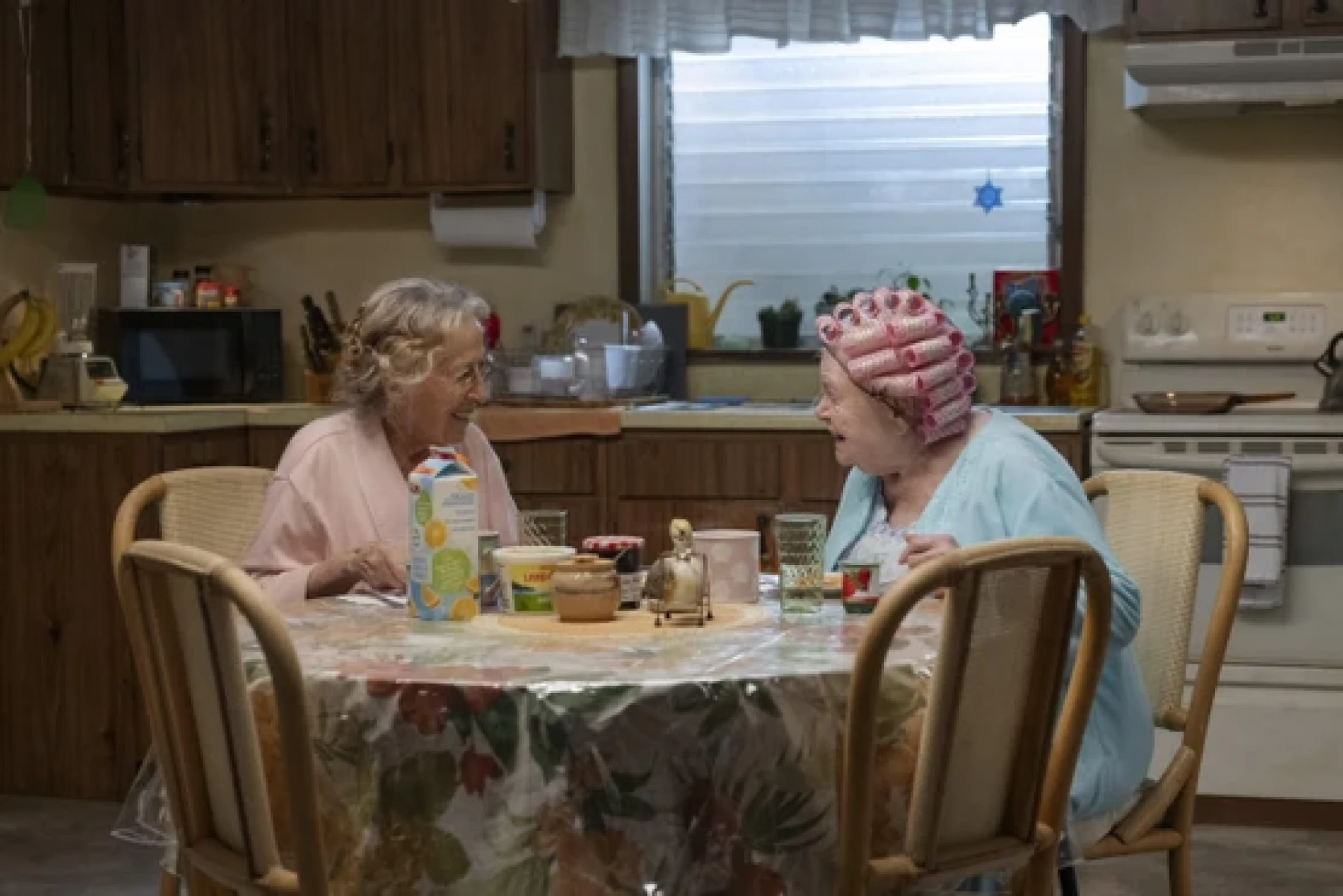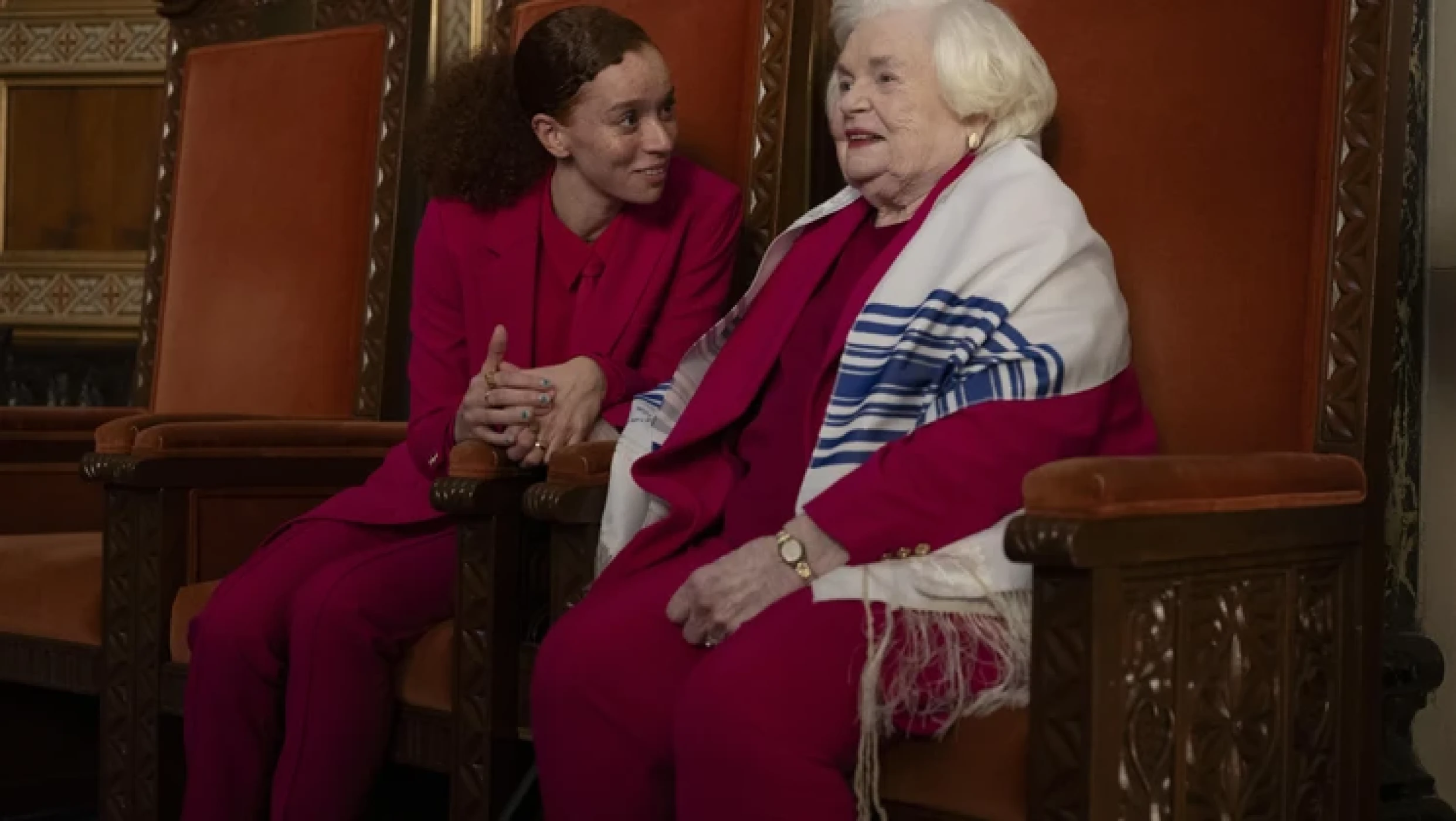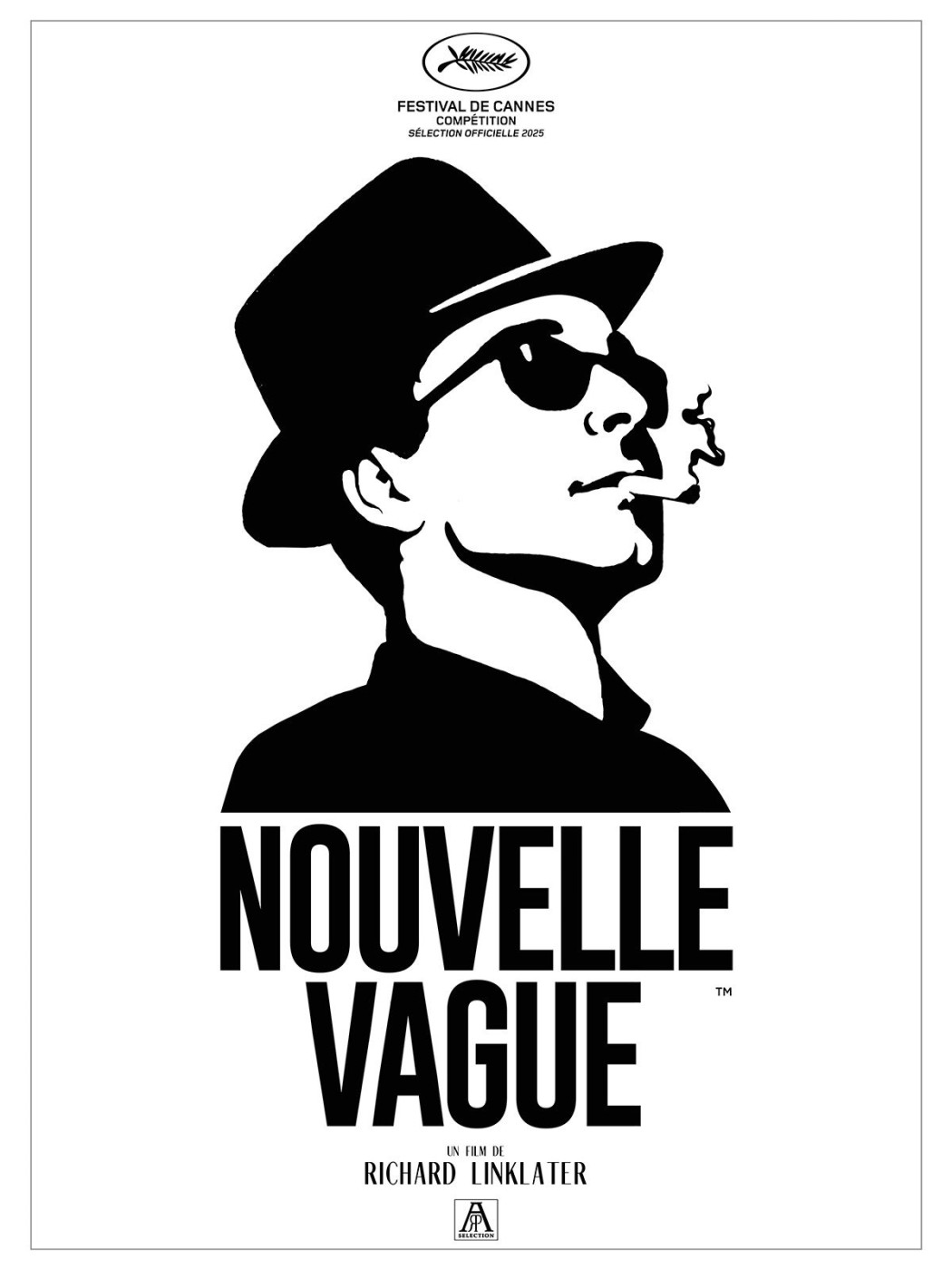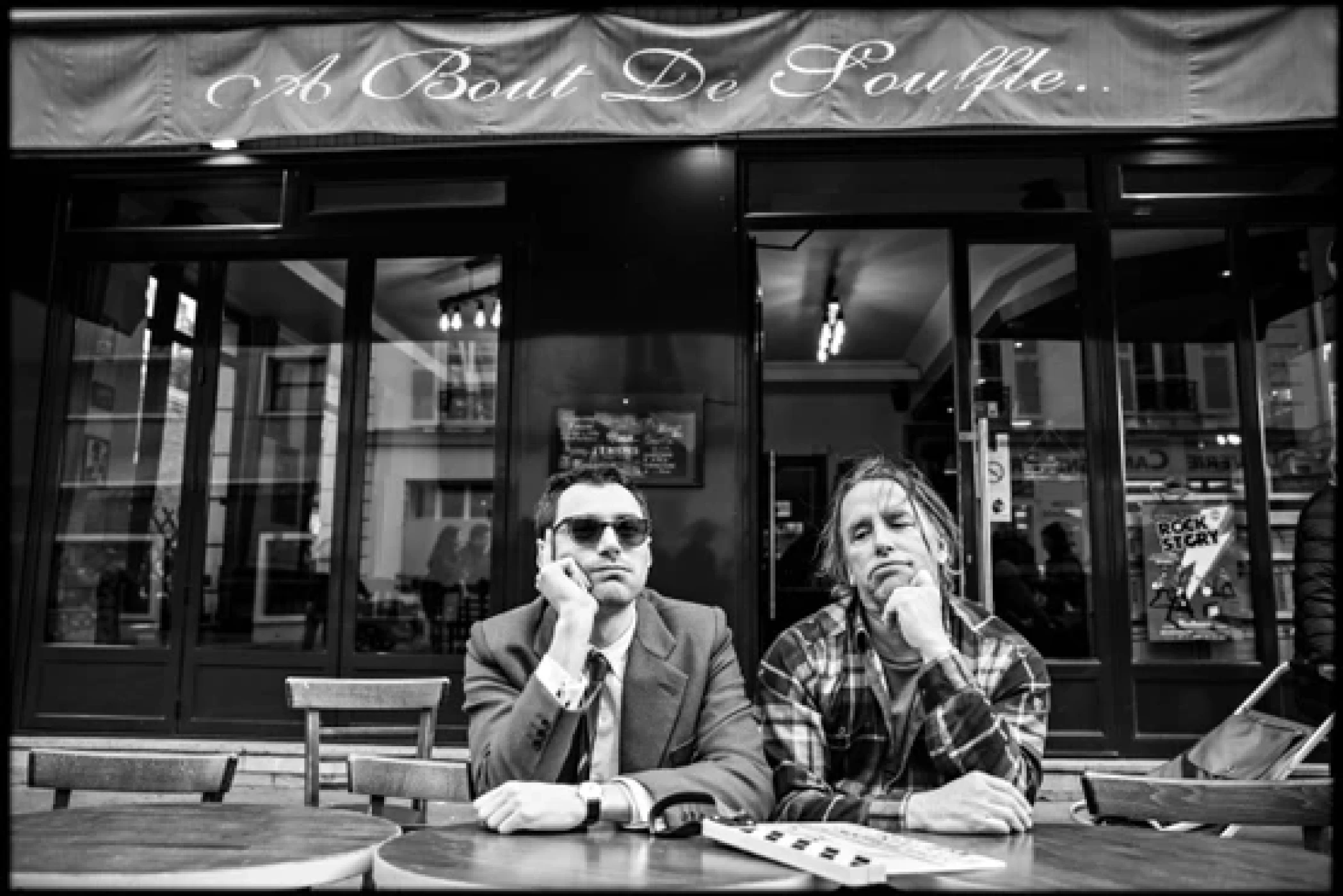
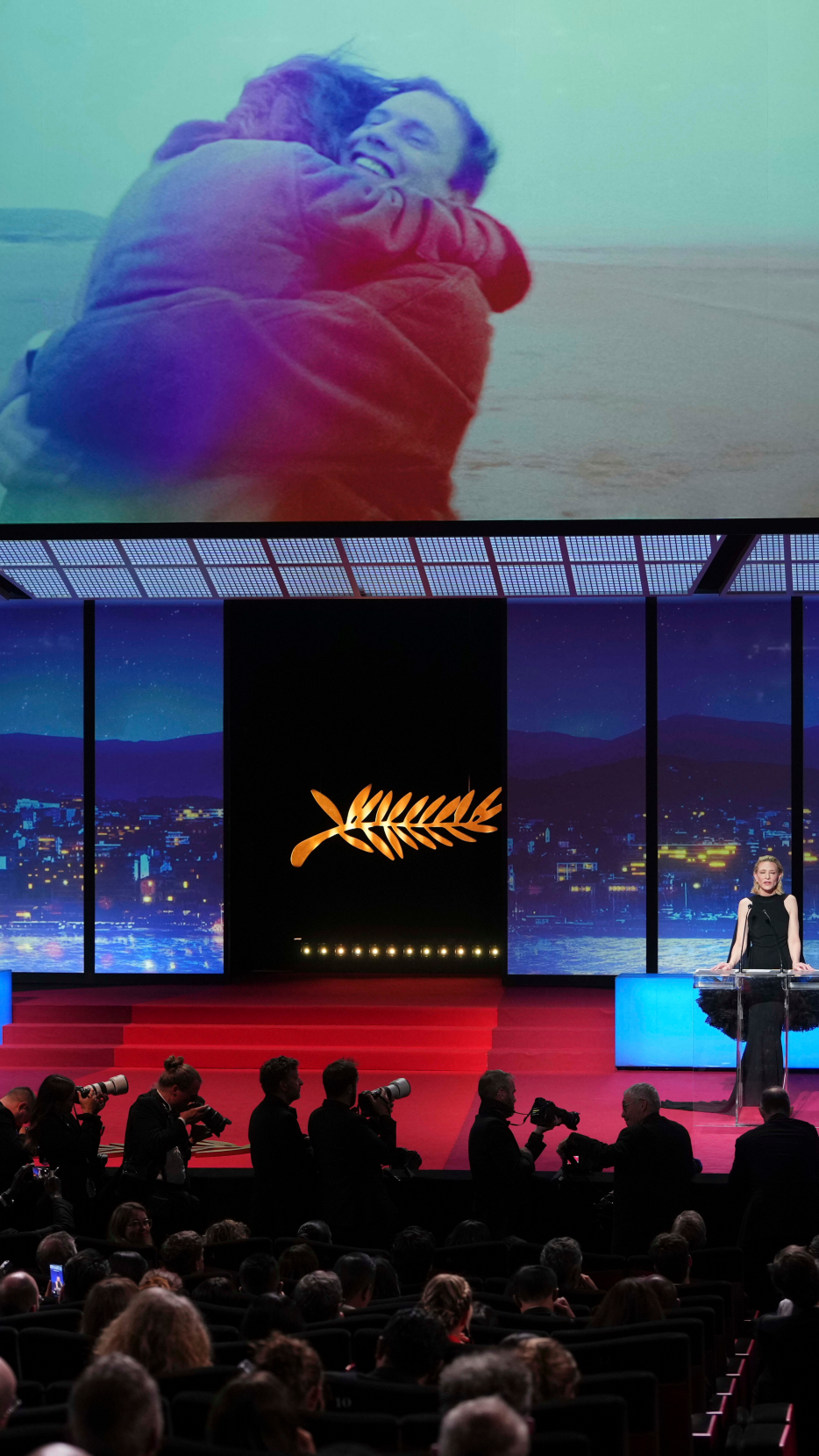
Family Matters: Intimacy and Conflict at the Heart of the Cannes Film Festival 2025
This year’s Cannes Film Festival tried to build bridges in our chaotic world of wars and catastrophes — but on a micro level. Drawing inspiration from grand literary traditions, many of the films turned inward, toward family ties and personal entanglements. Family, in all its complexity, emerged as one of the central themes. Several titles explored the layered, often fraught dynamics within the smallest unit of society — a family — which proved just as full of contradictions, battles, and suffering as the world at large. Playing house becomes, in this context, a rehearsal for organizing the broader universe.
Accordingly, genres varied widely — from conceptual cinema to comedy, farce to social drama, epic fantasy to romantic essay.
The epigraph to this intimate strand could well be Joachim Trier’s Sentimental Value, which won the Grand Prix — the festival’s second most prestigious award. The word “sentimental" captures the overall spirit of Cannes this year. Trier, a distant relative and namesake of Lars von Trier, presented a witty cinephile tragicomedy full of Chekhovian, Ibsenian, and unmistakably Bergman-esque motifs. At the center: new scenes from a marriage featuring stellar performances by Stellan Skarsgård, Renate Reinsve, and Elle Fanning. The story unfolds in a generational family mansion in Oslo, owned by one clan for decades.
A similar multi-generational saga appears in the competition title The Sound of Falling by a German director Mascha Schilinski, which narrates traumatic family stories across four key periods of the 20th century — with its wars and upheavals — all set in a house near the Elbe.
In Trier’s film, the protagonist — a once-famous filmmaker — attempts to reconnect with his two estranged daughters, both suffering from emotional scars and prone to panic attacks. His strategy: to cast his elder daughter as their late mother in his new film, hoping the role will bring them closer. But the daughter, who struggles with acting and public exposure, finds the task overwhelming — leading not to reconciliation but to further estrangement. Into this already volatile setup enters an outsider: an American actress, played by Elle Fanning, meant to highlight Hollywood’s bluntness and to underscore the poetic sensitivity of European cinema. Her presence only deepens the family’s disconnection.
Trier paints the portrait of a successful artist who failed as a father — a story many might recognize, but few can dramatize so deftly. While not autobiographical, the film reflects Trier’s own reflections on fatherhood: since his last film, he has become a father of two. In an interview with Vanity Fair, he explained:
“It’s almost a story of an unfulfilled love between a father and a daughter — a bond that never quite happens. Yet they are so alike. And only within the framework of art can they meet again.”
The home in this story is thick with unresolved tension — even freshly built studio walls can’t contain it. But sharp dialogue and a kind of unbearable lightness of being make this Norwegian film more optimistic than many of its peers and fully deserving of its accolades.
A similar familial attempt plays out in The Phoenician Scheme, the latest from Wes Anderson — a maestro of cinematic ornamentation. Featuring a star-studded cast (Benicio del Toro, Tom Hanks, Benedict Cumberbatch, Scarlett Johansson, and Bill Murray), the film follows a powerful mogul, Zsa-Zsa Korda, caught in a wave of assassination attempts, who decides to hand his empire to his daughter. Despite Anderson’s typical whimsy and elaborate set-pieces, it’s the sentimental core — the awkward attempts at father-daughter connection — that gives the film its resonance.
The daughter, estranged for years and now a nun, is preparing to leave the secular world entirely. Instead of taking over the empire, she is obsessed with uncovering the truth behind her mother’s death — suspecting her father. Tensions mount with each scene. The daughter is played by the gifted Mia Threapleton, real-life daughter of Kate Winslet. On the Cannes red carpet, Mia paid tribute to her mother’s legacy by wearing an emerald Oscar de la Renta gown reminiscent of Winslet’s iconic 1998 Titanic-era Oscar look by Givenchy.
A more somber tone permeates Alpha, the new film by Julia Ducournau (Palme d’Or winner for Titane). Set in the 1980s, it depicts the relationship between a doctor and a troubled 13-year-old girl named Alpha amid a mysterious epidemic that turns people into marble-like statues while alive. Echoes of the AIDS crisis and COVID are unmistakable. Tahar Rahim plays the doctor’s ailing brother, infected through drug use. When Alpha impulsively gets a tattoo, she too is ostracized. The film’s ultimate message is clear: only those closest to us can truly offer hope — and only within the family can healing begin.
Support and connection are also the central themes in Young Mothers by Jean-Pierre and Luc Dardenne, who won the Best Screenplay award. The film interweaves some stories of teenage girls at the threshold of motherhood, none of them fully ready — emotionally, socially, or otherwise. One hopes to place her child with a wealthy family; another tries to understand why her own mother abandoned her; a third decides to raise the child herself. Despite their hardships, the Dardenne brothers offer a hopeful message: support from a grandmother, a social worker, or a friend can make all the difference. Compassion is the seed of every future family.
British director Lynne Ramsay also explores motherhood in Die, My Love, a raw portrayal of postpartum depression. Jennifer Lawrence plays a young woman spiraling after marrying a man (Robert Pattinson) who remains childishly detached. Her rebellion — manic, destructive — is a cry for freedom within the constraints of domestic life. Ramsay presents it as a necessary act of self-assertion.
But family isn’t always conflict and trauma. Love That Remains, a tender Icelandic film by Hlynur Pálmason, finds warmth even after divorce. Set on a windswept, deserted island, the film shows how shared memories and passing seasons can preserve love long after a family has formally broken apart.
A more radical take appears in The Chronology of Water, Kristen Stewart’s directorial debut in Un Certain Regard. Based on Lidia Yuknavitch’s memoir, the film is an intense exploration of sexual trauma inflicted by an authoritarian father. Imogen Poots gives a haunting performance as a failed swimmer spiraling through addiction, toxic relationships, miscarriage, and ultimately — self-discovery through literature. Stewart crafts a powerful, redemptive narrative, arguing that healing is possible with the right tools and support.
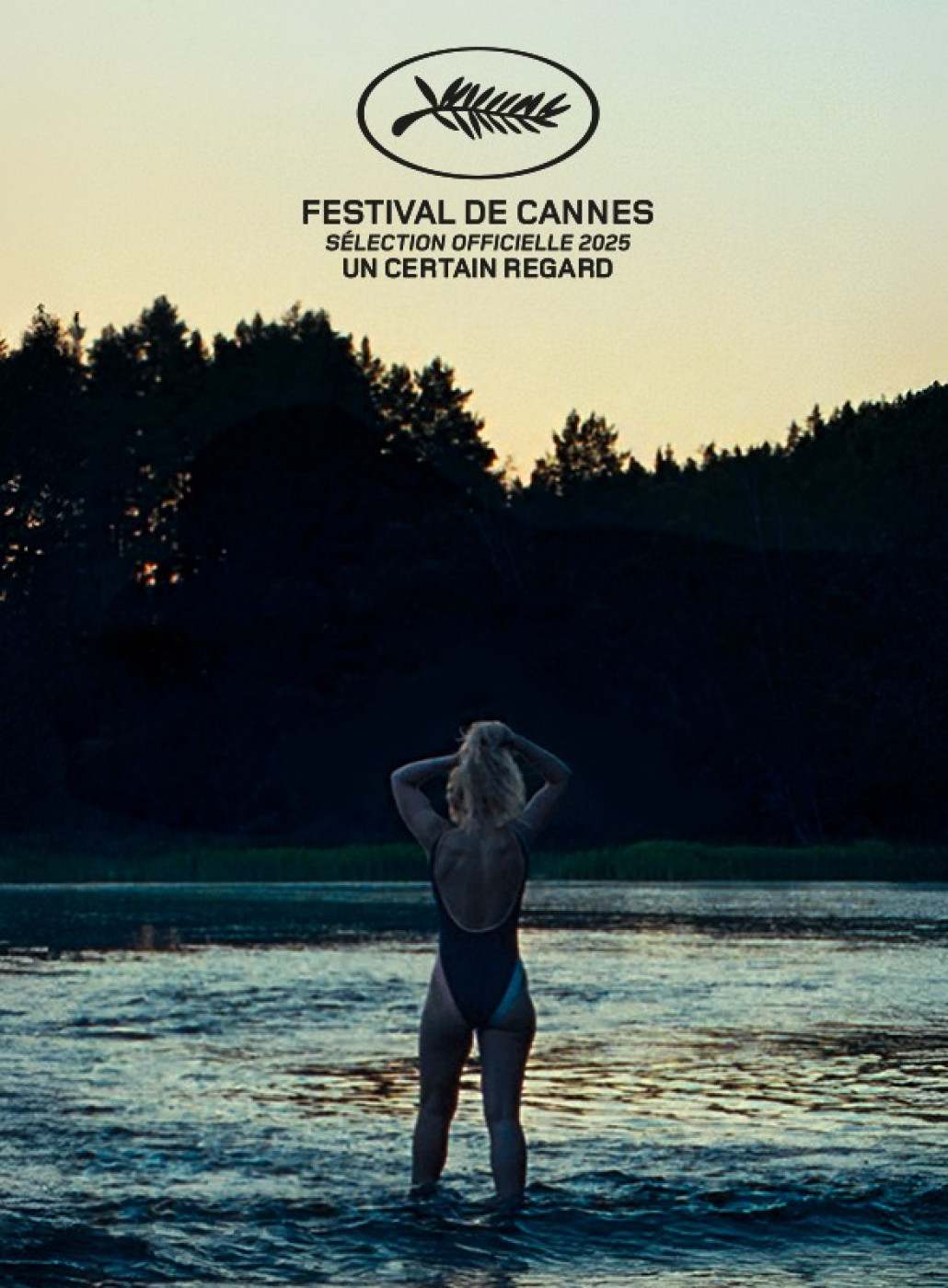
Family is not always defined by blood or romance — sometimes it is chosen, built around shared values and companionship. Ultimately, it’s about friendship. That’s the message in Eleanor the Great, Scarlett Johansson’s tender directorial debut in Un Certain Regard. June Squibb shines as 94-year-old Eleanor Morgenstein, who, after the death of her longtime companion, begins to adopt her friend’s life story as her own. It’s a poignant tale of love and survival, rooted in deep friendship — one of the few stories at Cannes this year to feature a Holocaust survivor.
And finally, Richard Linklater brought to Cannes one of the most stylish and affectionate tributes to cinema itself: Nouvelle Vague, a film about the making of À bout de souffle, Godard’s legendary masterpiece starring Belmondo and Seberg. Fittingly titled, the film is dedicated to the iconic figures of the French New Wave — Truffaut, Chabrol, Rohmer, Rivette, and above all, Godard and his cinematographer Raoul Coutard. At the heart of this light and playful film is the camaraderie of these young artists. The film eagerly absorbs every phrase uttered by Godard on set, every joke by Belmondo or ironic remark by Seberg, every bit of advice from Roberto Rossellini, Robert Bresson, or Jean-Pierre Melville, every creative decision discovered by the crew. Such deep mutual understanding is only possible in a happy family. On that legendary shoot, they forged not just a new cinematic language, but a family bound by passion, purpose, and a vision of the future.
Courtesy: Cannes Film Festival
Text: Denis Kataev


